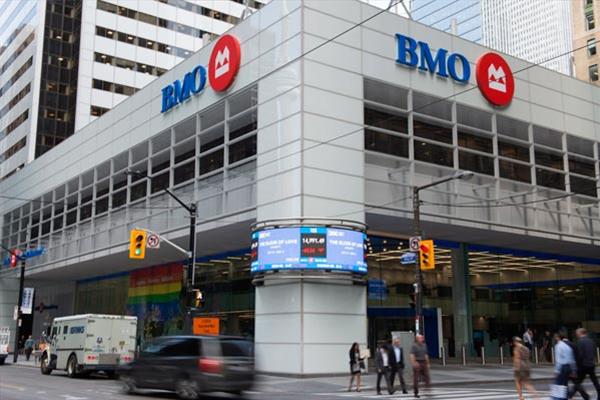11/14/2024
| SHARE
Posted in Mortgages and Real Estate by Vanguard Realty | Back to Main Blog Page

Bank of Montreal (BMO) senior economist Robert Kavcic anticipates that Canada’s so-called "mortgage renewal wall" over the next two years will act as a “modest headwind” rather than a major disruption for most Canadian homeowners.
More than four million mortgages are set to renew during this period, many at higher interest rates than those originally locked in, especially the 1.2 million renewals expected in 2025. Still, Kavcic believes a range of factors will help homeowners manage the transition, even as higher rates curb discretionary spending.
Kavcic explained that many homeowners who locked in low rates in 2021 or 2022 were stress-tested at higher levels, typically around 5.25%, meaning they proved their ability to pay higher rates if necessary.
"When somebody walked into the bank in 2021 and took out a mortgage at 1.5%, they were stress tested in most cases at around 5.25%," he said. "So they would have already proven an ability to handle mortgage rates that are probably going to be higher than we actually see at renewal anyway, the way rates are going right now."
Interest rates, which peaked around 6% to 7%, have now dropped back to around 4% and may decrease further by 2025. This downward trend is expected to ease pressure on homeowners, though renewed mortgages will still be costlier than before.
In addition, banks are expected to work with clients to extend amortizations, helping to reduce monthly payment increases.
Kavcic also pointed out that many Canadians are now earning more than when they initially secured their mortgage rates, which could help offset the financial impact of higher payments.
While he estimated that higher renewal rates could push up monthly payments by 20% to 50%, he said most Canadians will adjust by cutting discretionary spending, such as dining out or vacations, rather than facing serious financial hardship.
For younger, lower-income families, the increase will likely be more challenging. Wealthier households, however, may barely feel the effect of higher mortgage costs. The overall effect will be a period of softer spending, which could slightly slow the Canadian economy in the short term.
"Discretionary spending will be held back a bit, and that’s where that headwind would come from," Kavcic said. "But there’s probably going to be less of that through 2026. By the time we get to 2027, 2028, and beyond, that’s when this whole renewal wave plays itself out."
Investors in the housing market, particularly those who purchased properties in 2021 or early 2022 with plans to flip or rent, may face greater challenges. The current environment could see some investors offloading properties as the math behind their purchases no longer holds.
"Maybe the arithmetic made sense when they were borrowing at 1.5% but [it] turns out on closing you’re actually borrowing at 4%, so it doesn't work anymore," Kavcic added. "Those are the ones that will probably take a loss and have to flip some of that onto the resale market."
Source: Canadian Mortgage Professional
Home Owners, Mortgage Consumers, Mortgage Debt, Mortgage Interest Costs, Mortgage Renewals

